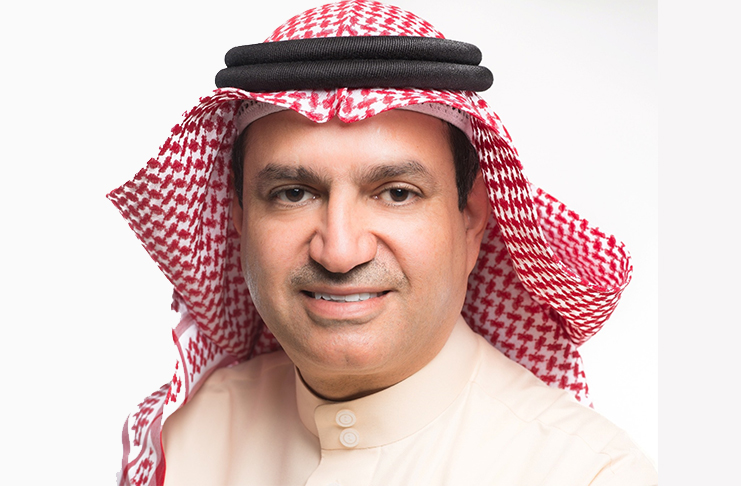Ramadan is a sacred season and an invitation to reflect, renew, and grow spiritually. Beyond customary fasting rituals lies a transformative experience in which our minds, bodies and lifestyles are intricately connected. However, navigating this journey can often pose challenges to our health and well-being. Preparation and balance are key. RAKxa Integrative Wellness shares its guide to achieving and sustaining physical and mental vitality during the Holy Month.
Pre-Ramadan
- Prepare for the Holy Month by getting to know your body conditions and nutrient deficiencies to avoid any health risks during fasting.
- Proper nutrition is also important to ensure that the body has enough energy to function throughout the day.
During Ramadan
Nutrition
- Break your fast with dates paired with natural fibre sources, like oats and broccoli. This will help slow down sugar absorption and avoid blood sugar spikes and crashes.
- Eat meals high in protein and complex carbohydrates to reduce glycaemic load (GL).
- Gut problems can be avoided by ensuring your evening meal is eaten two hours before bed time. Drinking teas like ginger and lemongrass after meals will also aid digestion.
- Drink enough water and fluids during meal-time to ensure good hydration.
Exercise and Treatments
- Engage in mild-to-moderate intensity exercises like yoga, Pilates and Tai Chi during this time to avoid excessive perspiration and an increase in appetite.
- Light pressure massages – like aromatherapy massages – help to relieve stress and physical tension.
Rest
- Take a nap during the day to get some extra rest.
- Drink teas like lavender and chamomile before bed to promote good sleep.
Lifestyle
- Spend time indoors to avoid unnecessary perspiration and exhaustion.
- Try listening to relaxing sounds like meditative frequency, the soundtrack of nature and singing bowls to alleviate stress.
Post-Ramadan
- Continue to care for yourself after Ramadan by gradually re-integrating your regular eating, sleeping and lifestyle habits while also maintaining the healthier choices made during the Holy Month.
- Practices like sun-gazing early in the morning, starting the day with light exercise and using essential oils to promote good sleep will help restore the body’s circadian rhythm.
Ramadan serves as a reminder that self-care is not just about taking care of our physical bodies but also nurturing our souls through acts of kindness, spirituality, and personal growth. Let this sacred time of year be your invitation to embrace holistic wellness.



